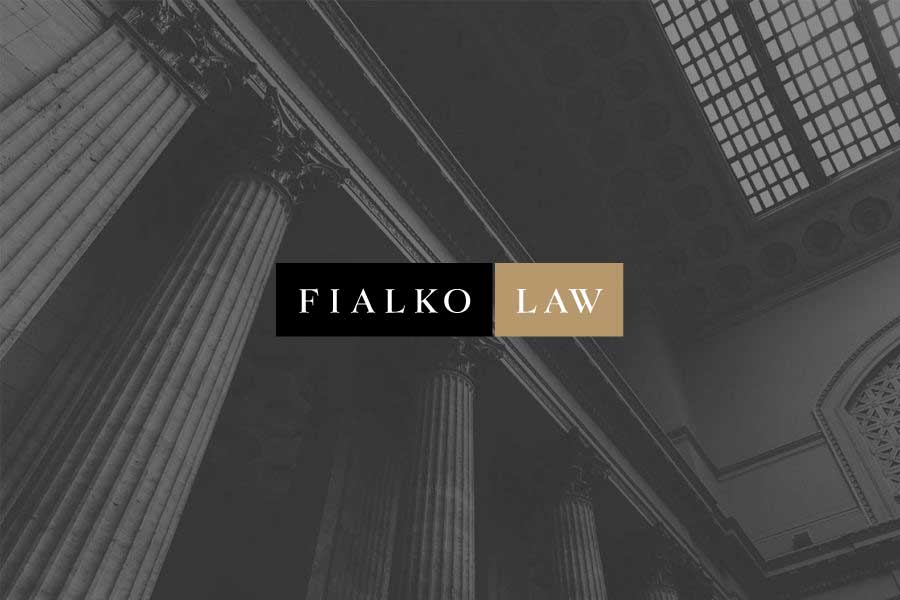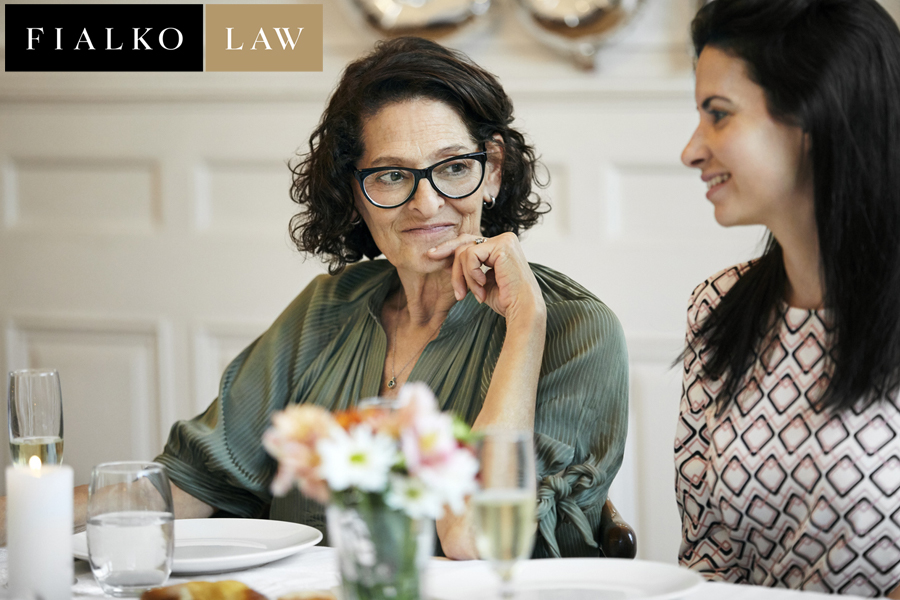Chris Fialko represented a businessman who received a subpoena to testify in a federal criminal trial in Charlotte. Fialko reviewed hundreds of emails and documents in order to understand the facts involving the client, and then met with him for many hours preparing for both the direct testimony and likely cross-examination. Chris helped the client understand that even though it is easy to tell the truth, it is hard to understand and clearly answer questions from prosecutors and defense lawyers inside a courtroom in the heat of a trial.


